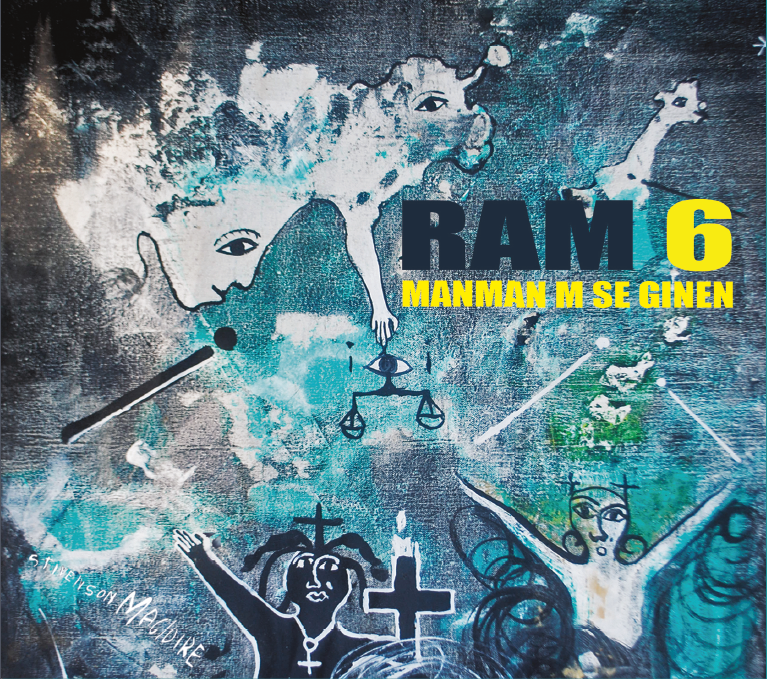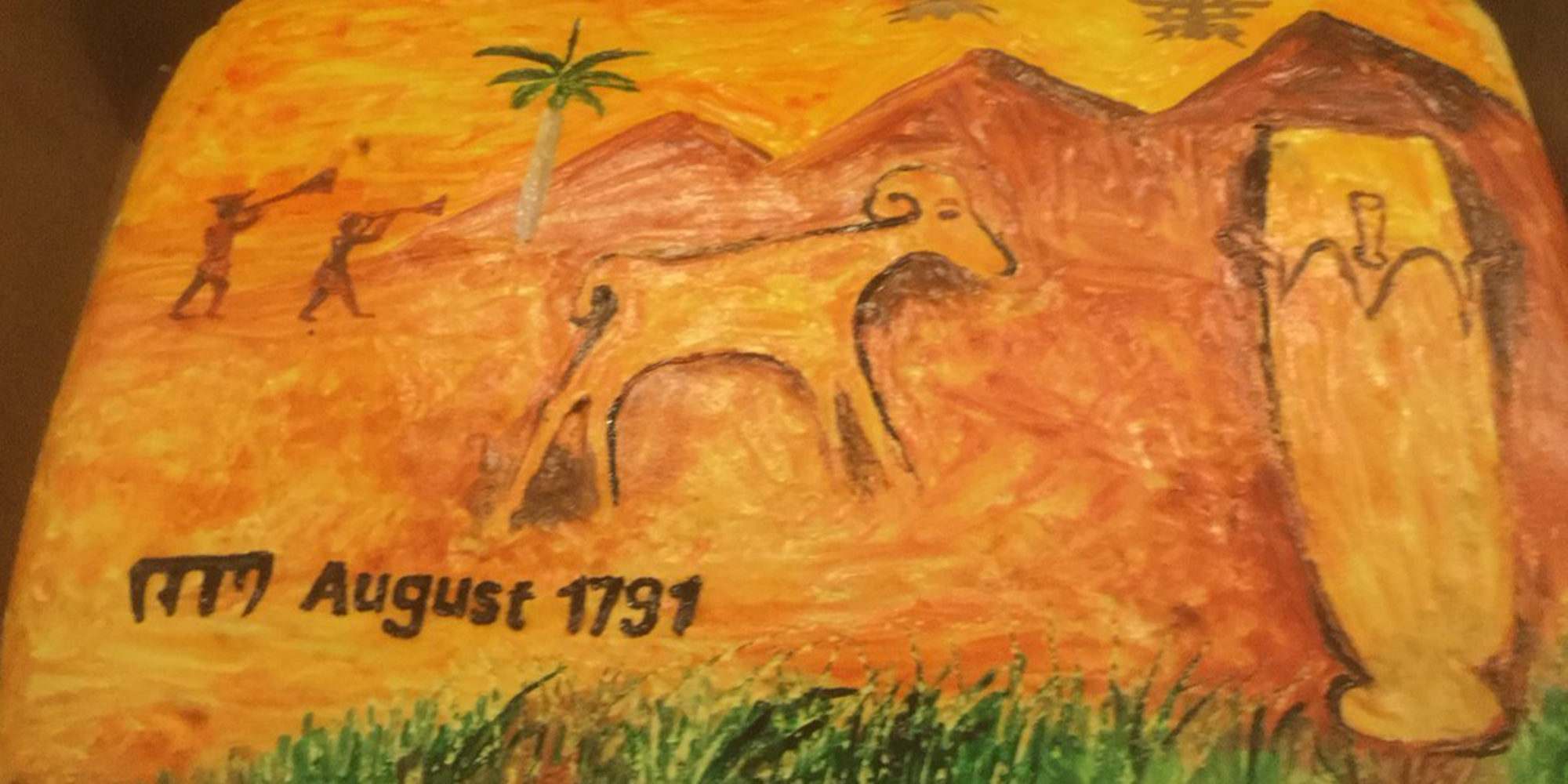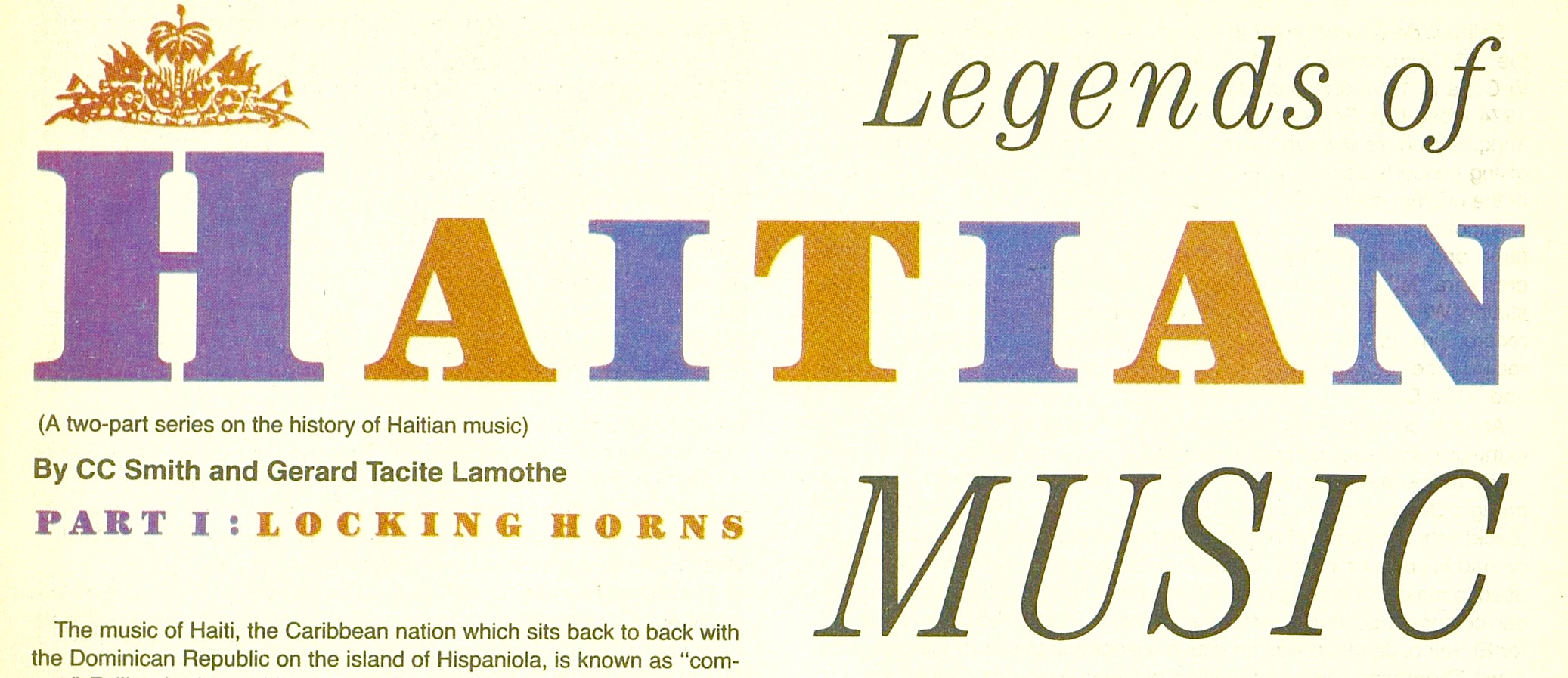This durable Haitian roots band traces its origins to the late 1970s when Richard Morse left New York City’s downtown music scene to return to his roots in Haiti, in part inspired by his mother, a traditional singer there. RAM started as a loose collective, pursuing varied experiments with local Haitian traditions and new fusions. Over the years the group has matured into a forceful and inventive act both on stage and in the studio. Some of the players are now second generation, but the band has never sounded better.
RAM’s seventh album celebrates the cultural and political stew that led to the first successful black revolution and independence movement in the “New World,” the Haitian Revolution, launched in August 1791. The album delivers this band’s trademark blend of past, present and future all swirled together in an intoxicating, energized, often rowdy, and always tuneful mix.
Themes in these 12 songs run deep and often opaquely mystical. But a rambunctious party spirit pervades just the same. “Danmbala Elouwe” opens with vodou drums, announcing its ceremonial nature but kicks in with revelry as Lunise Morse (Richard’s wife) sings a forceful lead backed by a chorus calling on a spirit to “breathe life into” sick children. “Dawonam Dako” exemplifies a signature RAM sound: a kicking rara groove lavished with singing, roaring rock guitars, and a keyboard sample that takes the tonality of the one-note vaksin horn, used in rara street parades, allowing it to play ornamental melodies. The song includes one of many Zen koan-like lines, such as “Creole took my reasoning."
There are one or two calmer moments, like “Dominkani (Nou P'ap Janm Bliye),” a sweetly loping, guitar-rich number sung by Richard about the brutal killing of three children in Gonaïves in 1985. Haiti’s history is never far from mind in these paradoxically enchanting songs. Lunise’s lovely singalong final track, “Mwen Se Towo (Ayiti A Nou Ye),” asserts, “I am the bull. I am not the gazelle. Laye laye. We live in Haiti.” Of course, all these lyrics are sung in Creole, so one has to read the notes to sense the darkness beneath all the sparkle in such beguiling performances.
The standout track may be “St. Clair (Gad Sa Nou We),” an extended jam featuring a lashing fast groove and blissfully relaxed melody, as well as an intriguing interweave of Catholic and vodou references, and this poignant line: “Crying doesn’t wake the dead.” No, but music like this just might.
Related Audio Programs
Related Articles












